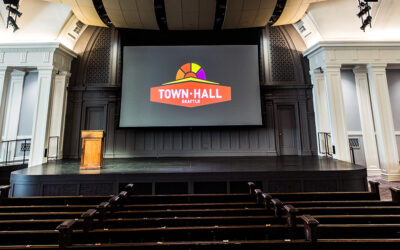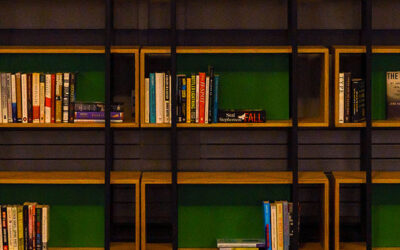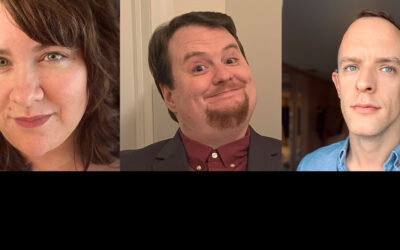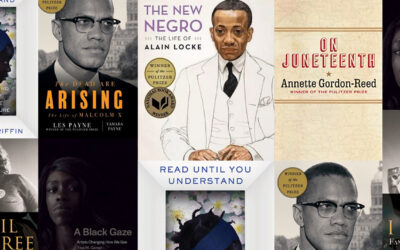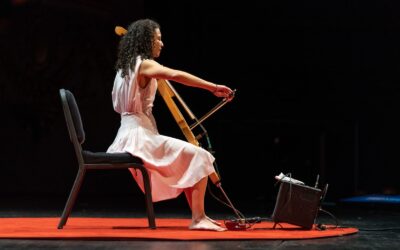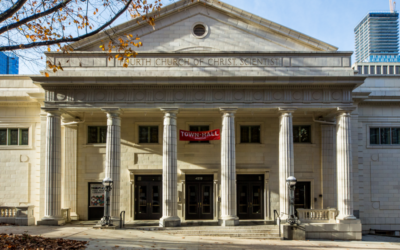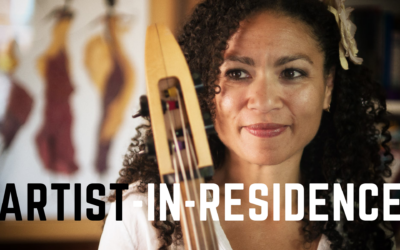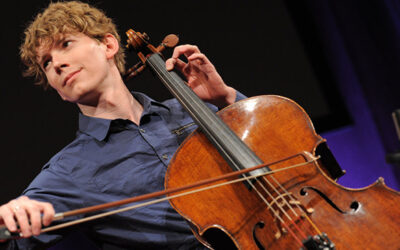As many of you know, accessibility is one of Town Hall’s core tenets. We aim to provide a space that convenes community, hosts new ideas, and inspires connection for all — $5 tickets and free...
A Ticketing Reboot
As we jump into the energizing days of spring, we’re excited to unveil an important project that promises to make your Town Hall experience a whole lot breezier. From our historic building to the...
Disability in Fiction with Sarah Salcedo, John Wiswell, and Ross Showalter
On April 26th, authors John Wiswell and Ross Showalter will join our Writer-in-Residence, Sarah Salcedo, for an evening of short fiction and craft talk. Amongst other topics related to the craft of...
From the Town Hall Archives: Celebrating Black History Month
It’s Black History Month, and Town Hall invites you to deepen your knowledge of key historical figures like Fannie Lou Hamer, Phyllis Wheatley, Malcolm X, and more. The programs below are available...
Five Questions with Kiki Valera
Take a peek into the mind of Cuban virtuoso Kiki Valera, who muses on his influences, his instrument of choice, and the art of making music. Be sure to join us later in February for a live concert...
Artist-in-Residence Gretchen Yanover: Final Findings
As cellist Gretchen Yanover wraps up her time as Artist-in-Residence at Town Hall, she shares her final reflections about the beauty — and sometimes discomfort — of creation. We're delighted to have...
Apply Now to be Town Hall’s Winter/Spring 2022 Artist-in-Residence
Town Hall Seattle is seeking to work with one Artist in Residence (AiR) from March to May 2022. For our next AiR, we’re seeking a writer. Some of our past writers in residence have included Elise...
Artist-in-Residence Gretchen Yanover: Mid-residency Reflections
Earlier this winter, Town Hall’s Artist-in-Residence, cellist Gretchen Yanover, reflected on the midpoint of her residency and shared some thoughts about finding inspiration at Town Hall. In an...
A Letter from Joshua Roman to the Town Music Community
After 15 years of serving as Artistic Director of Town Music at Town Hall Seattle, 2021-22 will be my final season. I have been blessed to bring amazing musicians and music to the stage to share with you.
